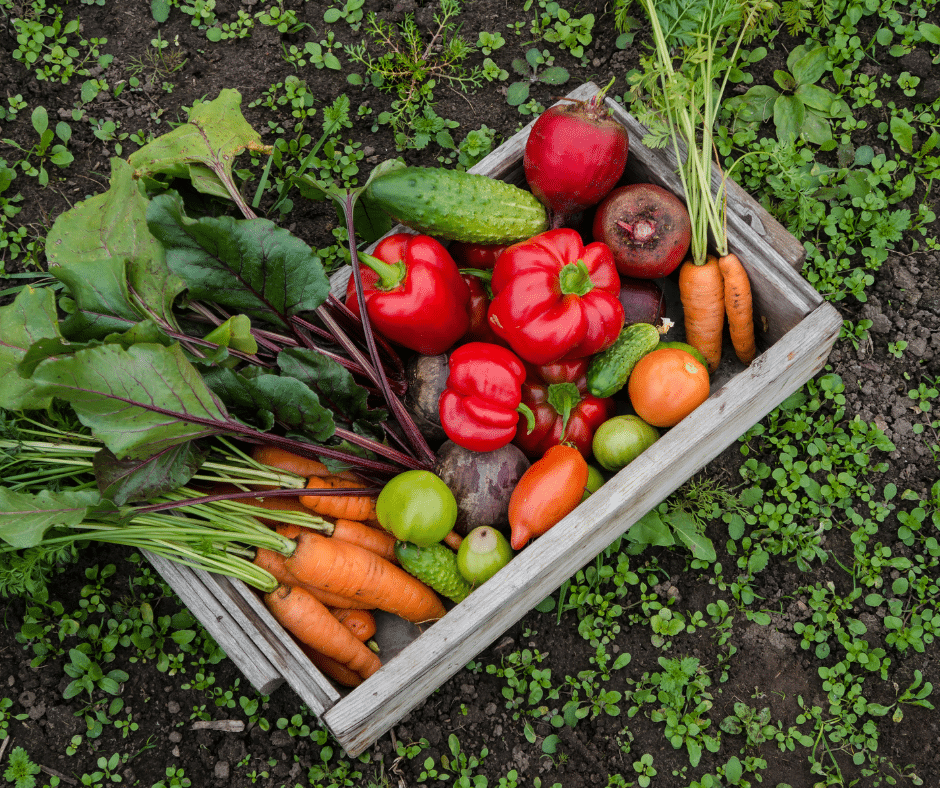Gardening is a great hobby and we all want to grow the healthiest plants in our garden. While healthy plants are always a goal, sometimes it can be difficult to know what will grow well when we have little knowledge or experience. I’ve put together a list of the healthiest foods to grow in your garden. These are great sources of nutrition and are easy to grow, so any level of gardening experience will benefit from these suggestions.

1. Kale
Kale is an excellent food option for any gardener to try. It has a variety of nutritious benefits and is tasty as well. As the name suggests, it tastes like the vegetable cabbage. It is a hearty green and can tolerate a wide range of temperatures.
Kale is very popular in salads and is one of the healthiest vegetables you can add to your diet. One serving has more calcium than a cup of broccoli as well as more than twice as much vitamin C. It also contains vitamin K, folate and omega-3 fatty acids that are healthy fats we should all be consuming more of.
2. Spinach
Spinach is a beautiful, dark green leafy vegetable that tastes great in salads. Unlike kale, spinach can tolerate cooler temperatures. In fact it will even grow during the winter if there is no snow on the ground. It is a great source of vitamin A and iron as well as vitamin C.
Spinach also contains more calcium than kale and has nearly twice as much iron.
3. Carrots
Carrots are one of the most nutritious vegetables you can grow. They are high in vitamin A, potassium, fiber and beta-carotene. Beta-carotene is a carotenoid that the body converts to vitamin A. Carrots also contain a lot of fiber and are low in calories.
Carrots even help your eyesight because they contain carotenoids which protect vision against pollutants in indoor air. They also help prevent macular degeneration by keeping the retina healthy.
4. Celery
Celery is a great vegetable to grow in your garden because it is low-maintenance and high in nutrition. It also has a long shelf life, so you can eat them fresh all year long. Celery contains vitamin C, folate, calcium, and fiber. Folate is especially important if you are pregnant or breastfeeding because it helps your baby’s brain develop properly.

5. Lettuce
Lettuce is a delicious green vegetable that is low in calories yet very nutritious. It contains calcium, vitamins, and carotenoids as well as antioxidants that help protect your body from cancer and heart disease. Lettuce also contains vitamin K and chlorophyll which your body uses to produce red blood cells.
These are five of the healthiest foods to grow in your garden. All of them are easy to grow and can be a part of a nutritious diet full of fresh vegetables. Growing your own food is a rewarding process, whether you have a small vegetable garden or a large one.
